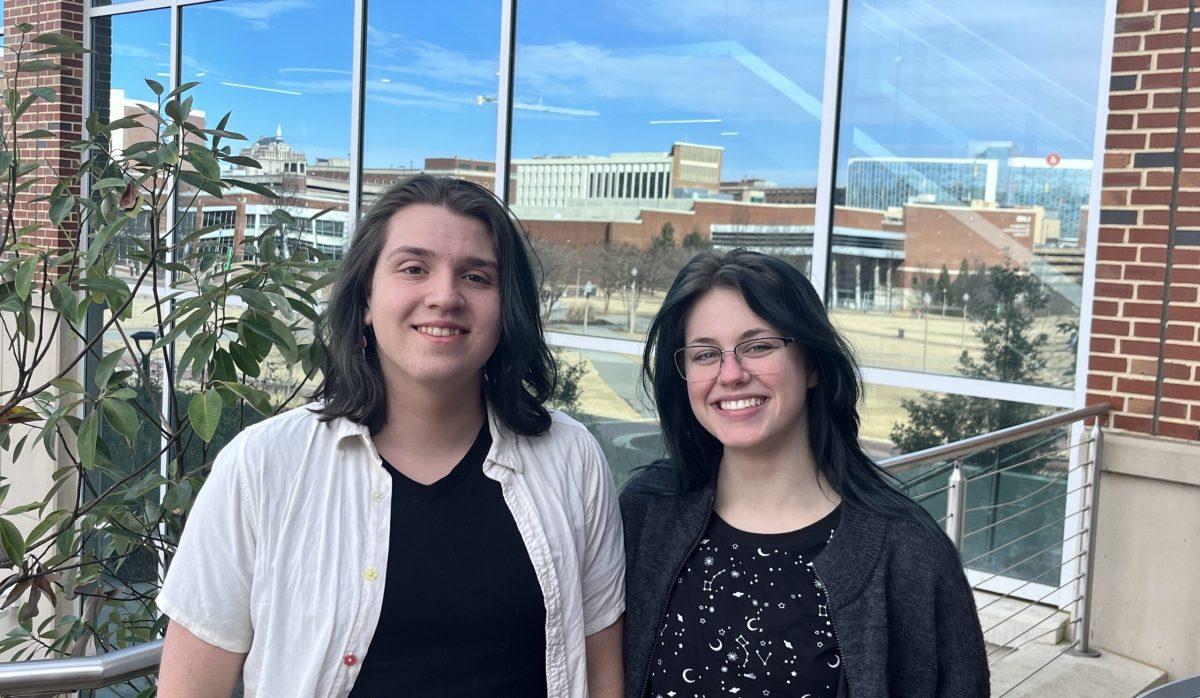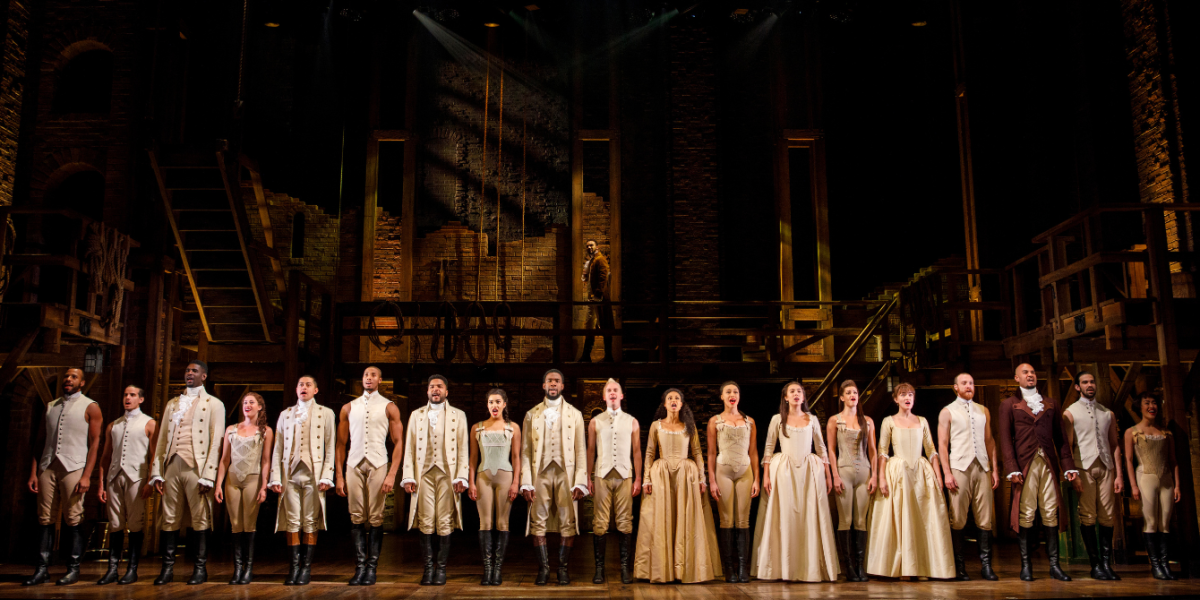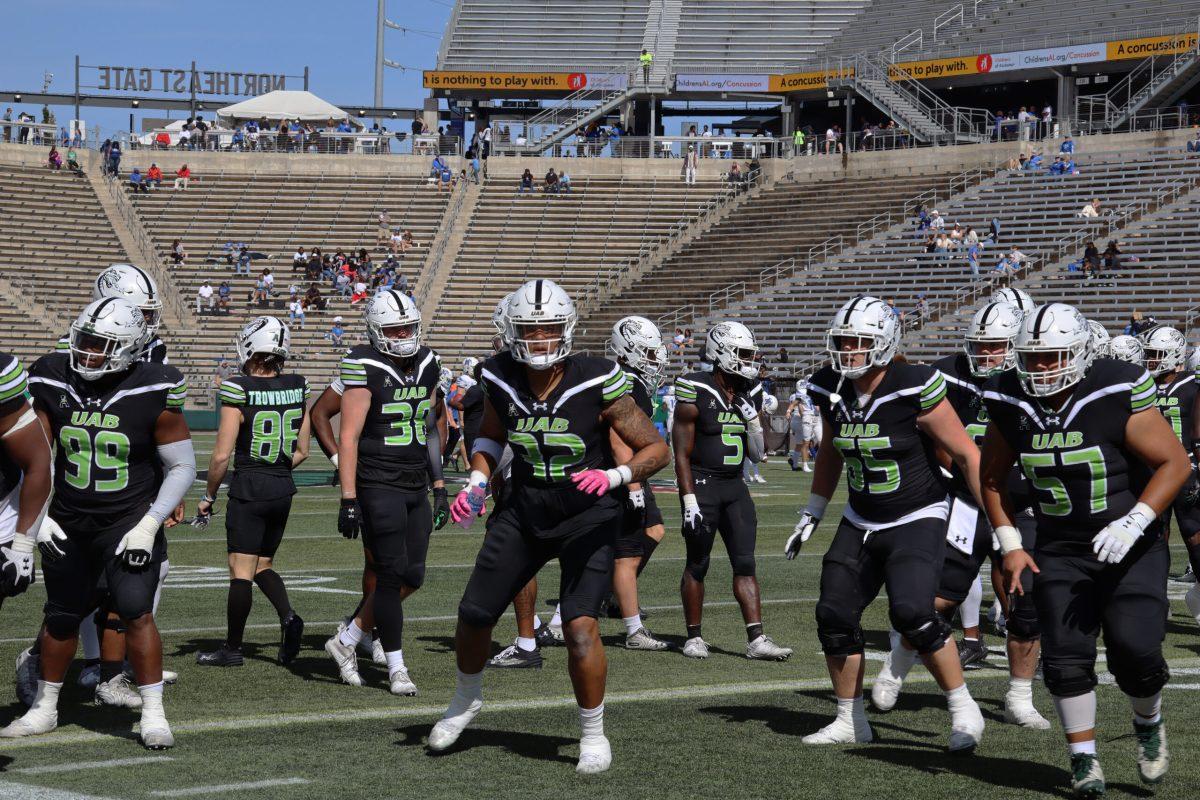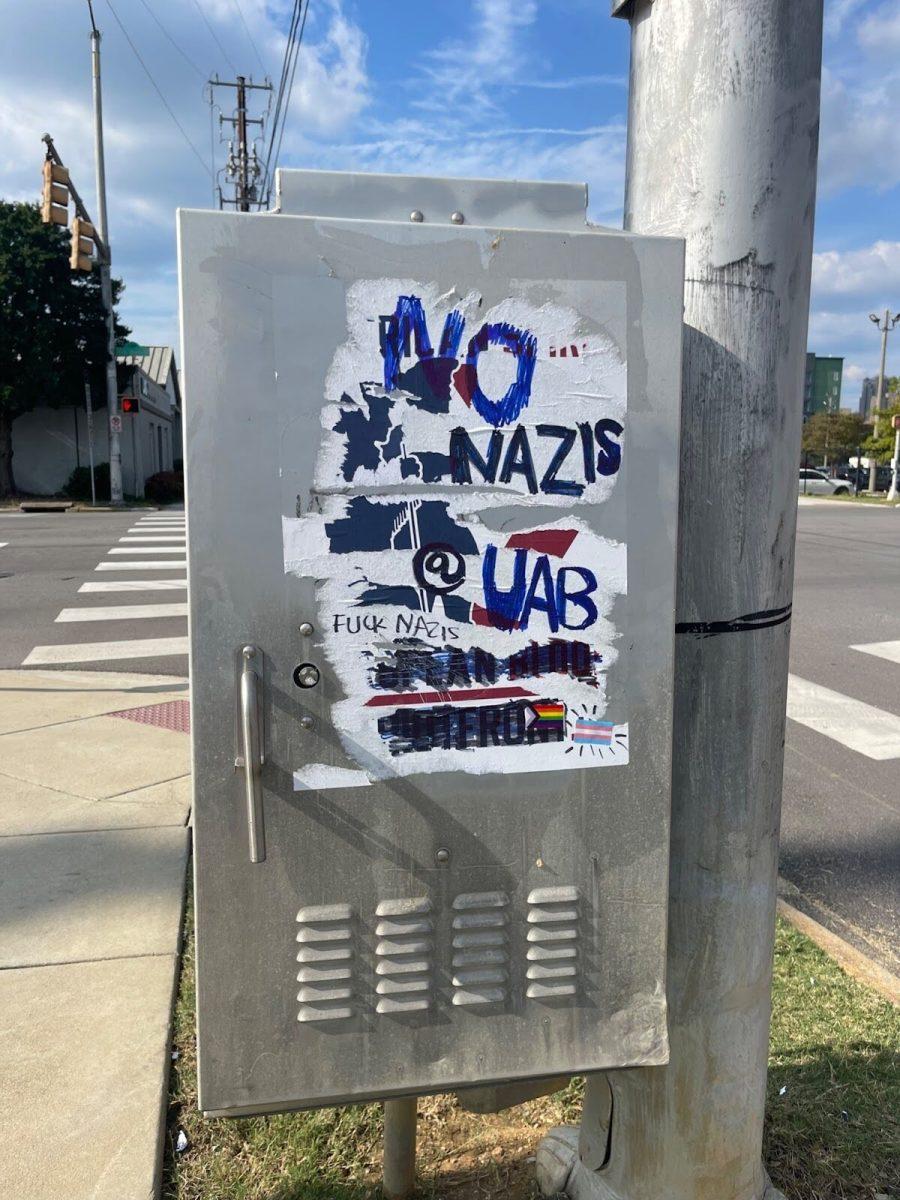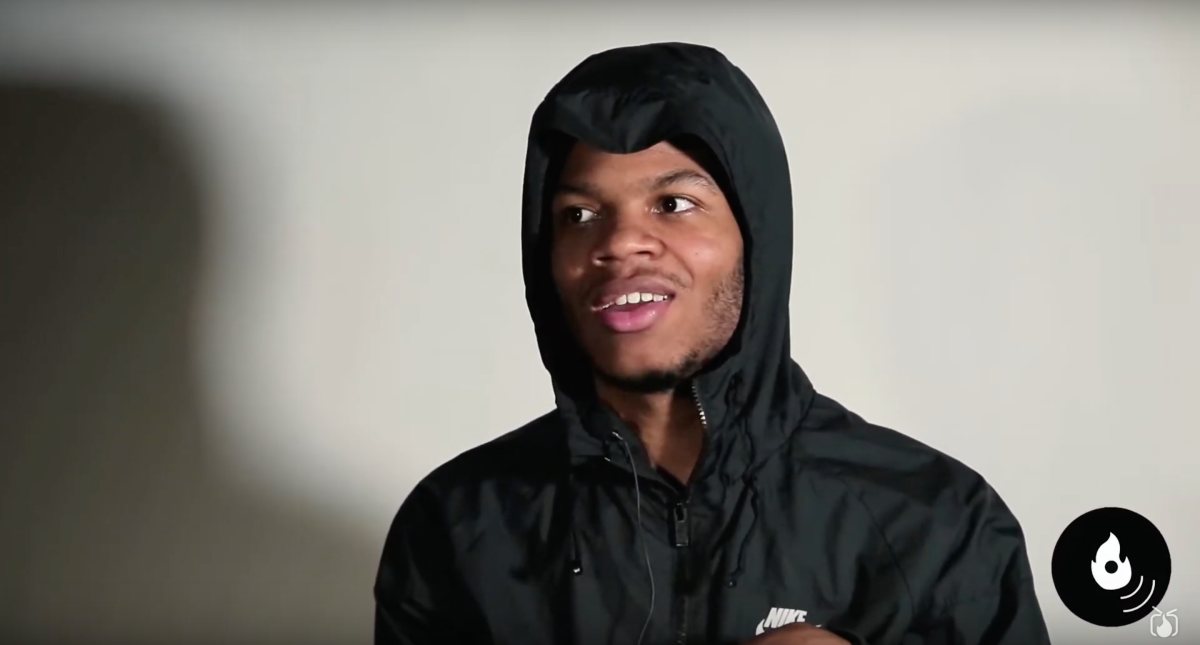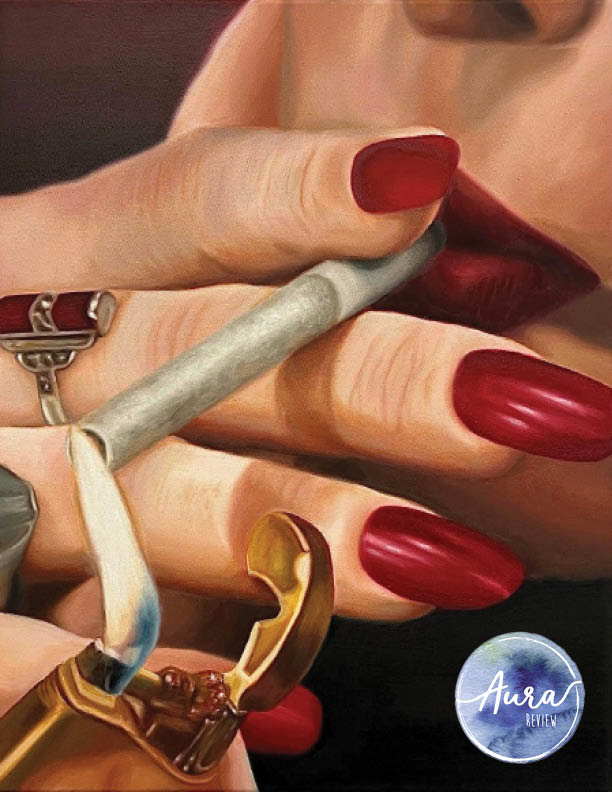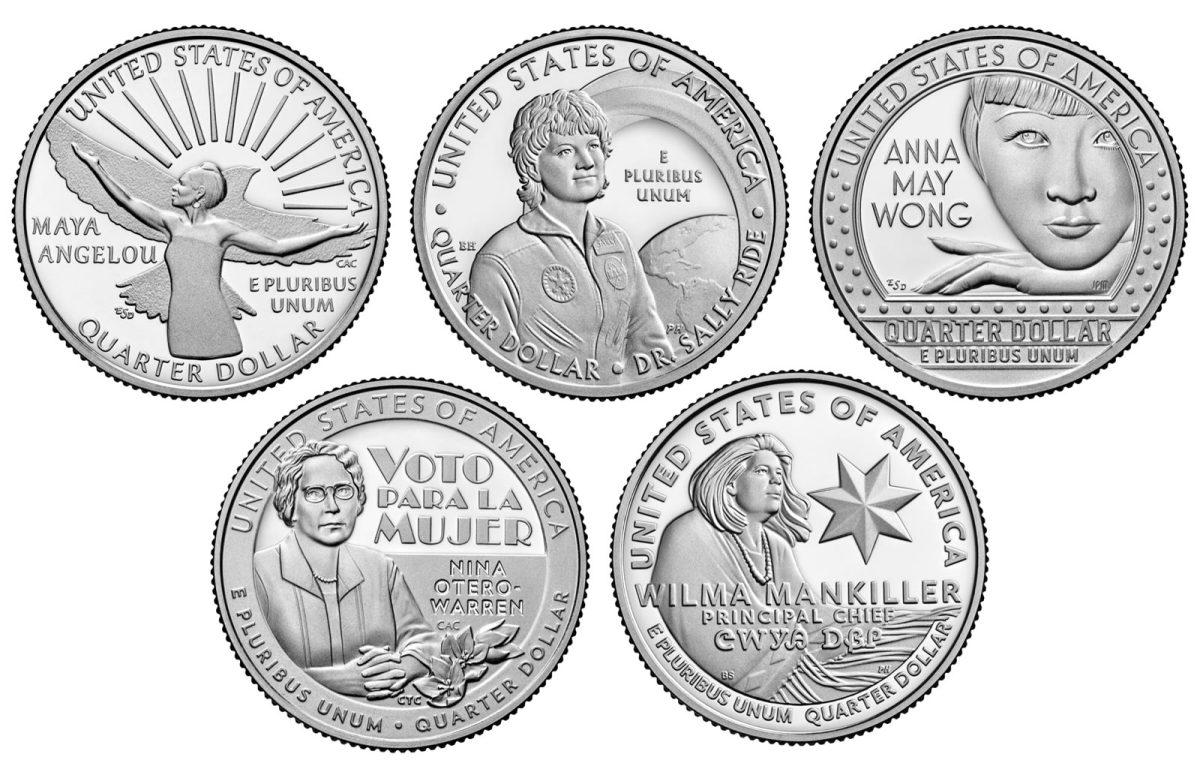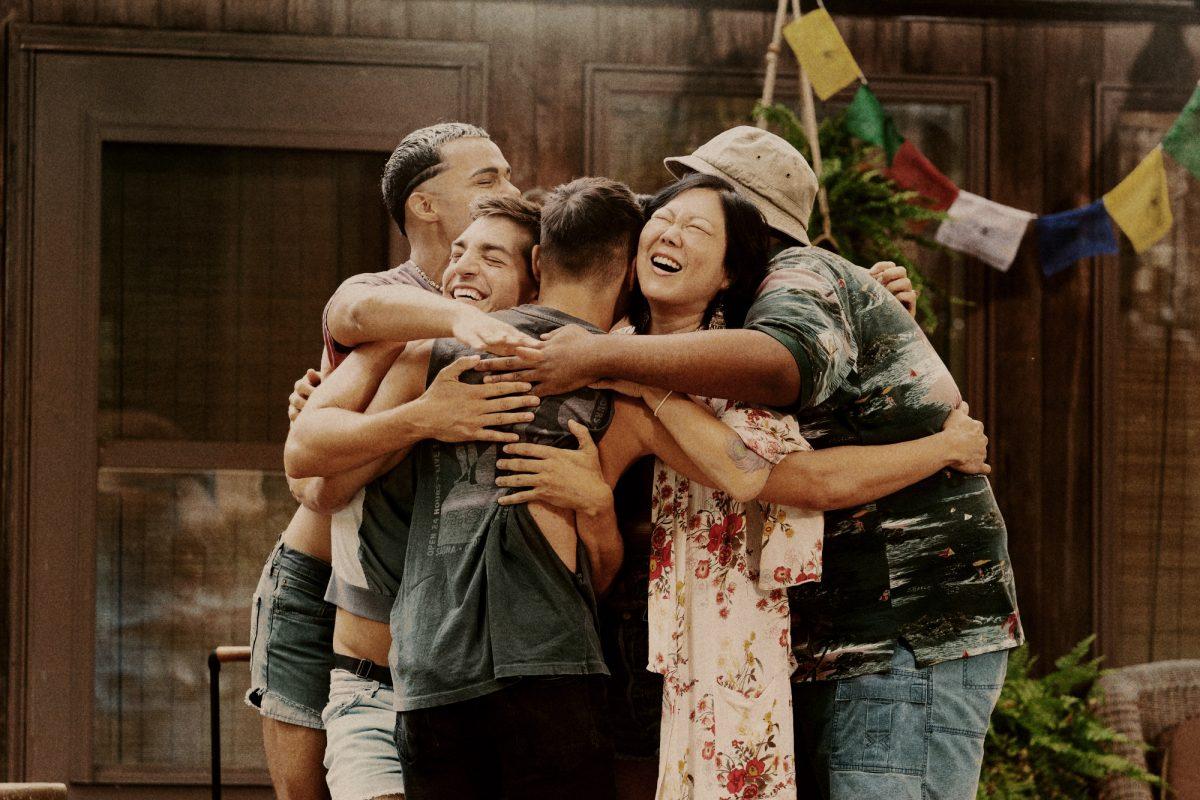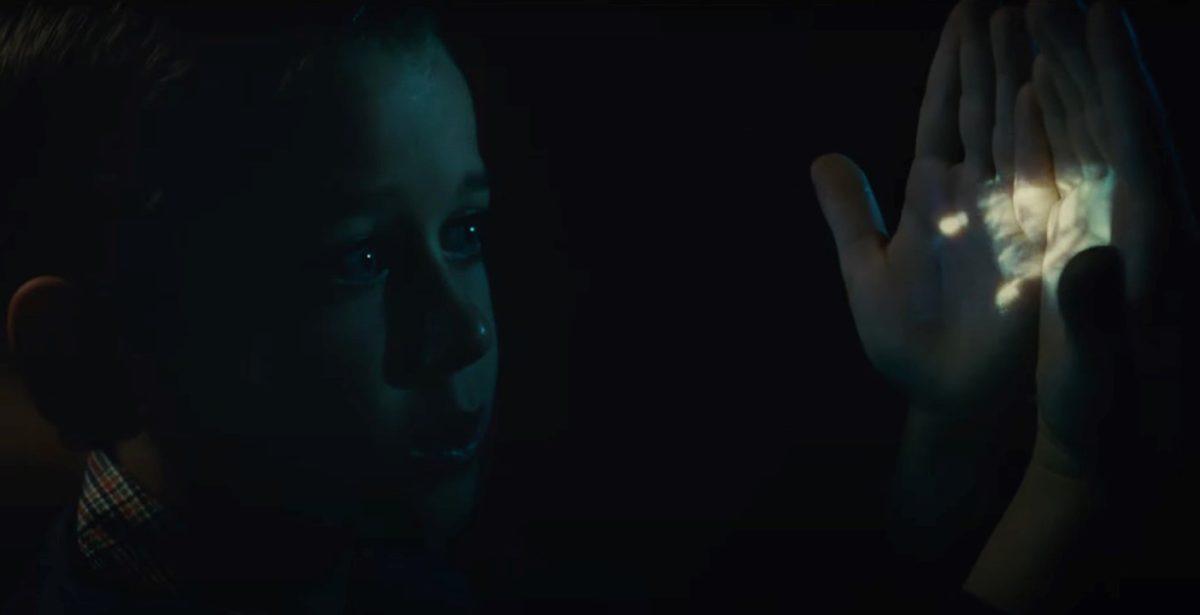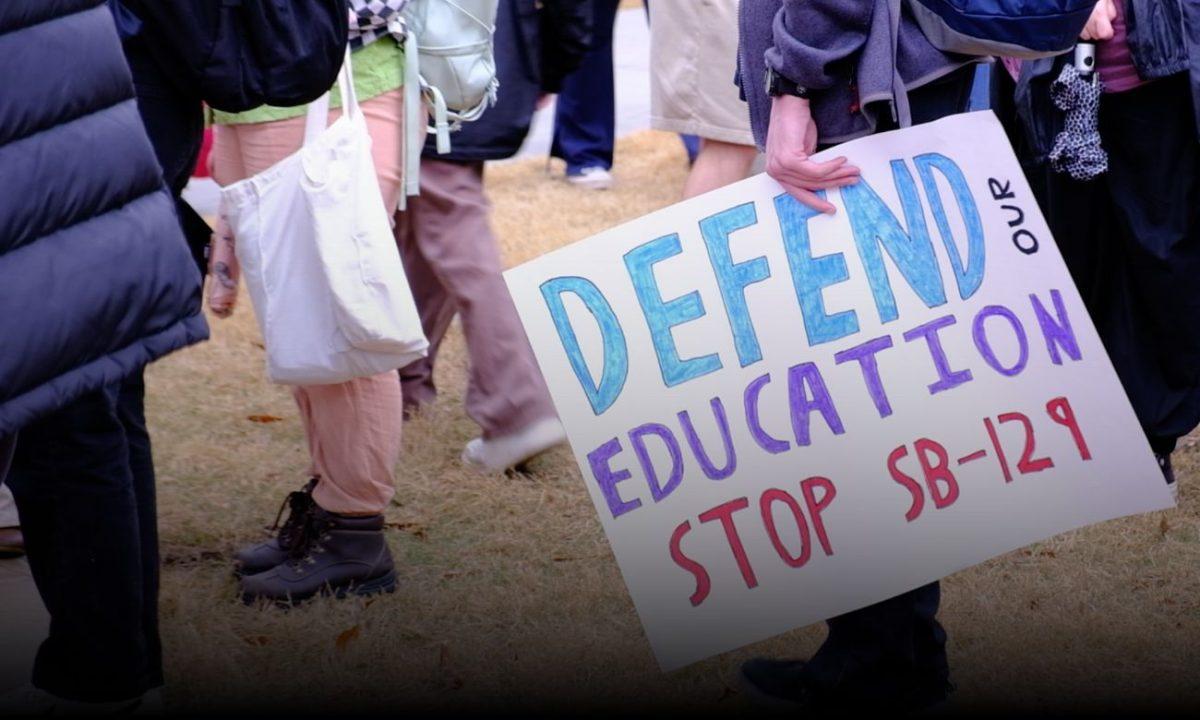By George Barreto
A self-proclaimed gay version of “Pride and Prejudice” breathes much-needed life into an uninspired genre.
Romantic-comedies have been at a stagnant stage for the better part of the last decade. Studios no longer consider a star-driven cheesy love story to be viable in theaters. Many rom-coms lack fail to properly reinvent the genre. Streaming services have taken advantage of this stagnation by releasing countless formulaic movies whose plots are practically comatose.
“Fire Island” is propped up as another one of these entries to the genre, yet it manages to sidestep convention by introducing a new set of fresh ideas — even if they are a part of an established edifice.
The movie, set in the Cherry Grove area of the titular island, follows a group of men as they embark on their yearly week of festivities, including bar hangouts, underwear parties and drag shows. The weeklong timeline the movie operates in adds a sense of immediacy to many of the dynamics that play out, and that sense of urgency is heightened as the group discovers that this may be their last year on the island. Everything they do, together or apart, has considerable weight, stretching and twisting the group dynamics. Noah (played by Joel Kim Booster) finds a sense of family with the group, as the trip to the island has previously symbolized a haven for their queerness.
Noah’s group of friends includes his best friend, Howie (Bowen Yang). All of Noah and Howie’s scenes feel authentic due in part to their tangible on-screen chemistry. Booster and Yang exude unspoken shorthand that speaks to years of history between the two characters. Noah’s ideology of love is always at odds with Howie’s, and this becomes a central theme of the story as Noah promises to abstain from indulging his sexual desire until Howie has found his “Prince Charming.” It is this difference in ideology that gets propelled to the forefront for most of the film’s runtime when Howie finds his “prince”, Charlie (James Scully). Meanwhile, Noah believes that Charlie and his friends just want to ridicule Howie.
Booster, who also wrote the script, explores the hierarchy that permeates gay circles — especially male ones. The scenes in which the movie directly criticizes and questions the status quo of such an unspoken system create a depth of relativity and makes the movie soar to interesting heights. The body image standards of men, fetishization of POC, the aloofness of economical standings — while everything is not fully analyzed to a satisfying conclusion, it is commendable and refreshing to see a movie that is not afraid of what it is dealing with. Joel Kim Booster and director Andrew Ahn do an excellent job providing authenticity to these scenes without letting them flatten out under their weight. The movie is consistently funny with its critiques. The jokes are measured, rarely getting in the way of the drama, and vice versa. This maturity in writing and direction gives the film mileage that many movies of its ilk simply cannot compete with.
While almost all the performances are strong, two stood out in particular — Will (Conrad Ricamora) and Erin (Margaret Cho). Ricamora plays “Darcy” to Booster’s “Elizabeth,” both constantly at conjunctures of miscommunication. Will is portrayed as insufferable at the beginning, never smiling and always giving short answers when prompted to during conversation. As the movie progresses, his hardened facade begins to unravel like wet toilet paper. The way he changes never feels out of character, and Ricamora continues to play him with restraint. That restraint holds a lot of warmth in a character that treads so close to being callous. Cho’s Erin on the other hand is lively and bubbly. Erin is referred to as the mother of the group and carries an imbued wisdom of many lives past but lacks an interiority that Cho has managed to tap into. Cho offers a tenderness tinged with youth that makes her past and how she relates to these men enticing.
A very welcoming facet of the movie is its aesthetic. The characters are on a gay island surrounded by intense celebrations of identity. It does not shy away from that. Modern queer movies tend to occupy straight spaces, making their characters maneuver through them in often fabricated ways. While that representation is important, it is refreshing to get a movie so comfortable in its portrayal of the scandalous side of being assured in one’s skin. It is this comfort that makes the film a reinvention of its genre, a unique and uncompromising voice that elevates it above the homogeny surrounding it. It is saddening to see it relegated to a streaming service where it can be suffocated under the “quantity over quality” mantra that initially made streaming services so enticing. While major studios have a hard time funding movies by creators with compelling voices, it is obvious that audiences do want stories as fresh as this. “Fire Island” might have predictable plotting, but it’s how it gets through that narrative that makes it a genuine treat.
“Fire Island” can be streamed on Hulu.
